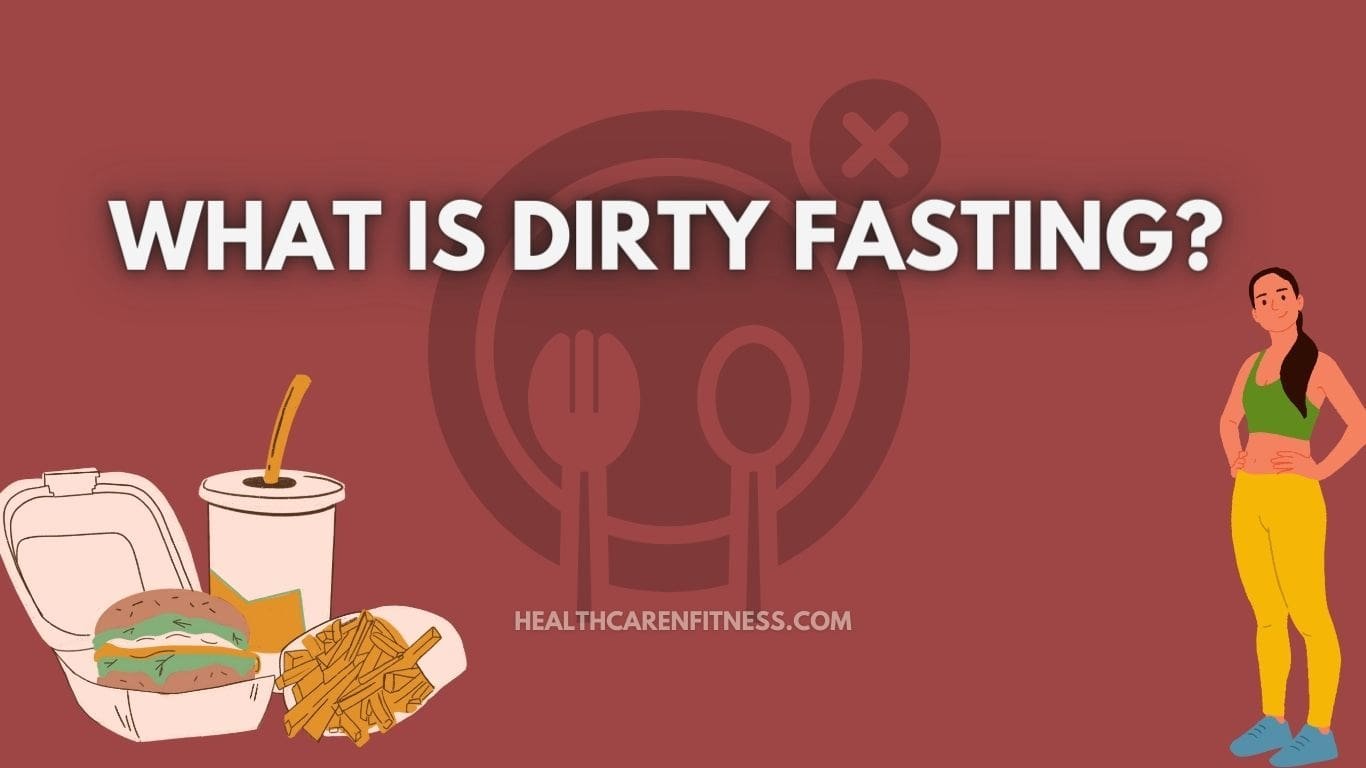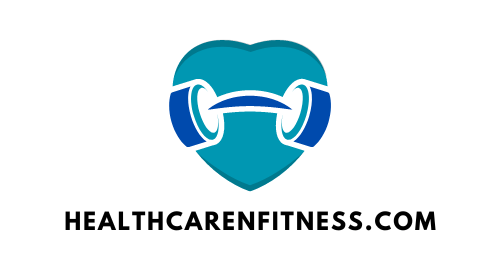
Fasting has become a popular practice, with people trying it for all kinds of reasons. One such method that’s getting a lot of interest lately is “dirty fasting.” But what is dirty fasting it and how does it differ from other types of fasting? Let’s dive in and explore the dirty details!
What is Dirty Fasting?
Dirty fasting, sometimes called “lazy fasting” or “flexible fasting,” is a different way to approach fasting which has some simple rules. Instead of eliminating all foods and drinks like in traditional fasting, dirty fasting allows you to have small amounts of certain things during the fasting window. It’s like a lighter version of fasting, like indulging in a sip of broth or a piece of fruit while still aiming for overall calorie restriction. While some experts debate whether it’s technically a “real” fast, it can be a good way to ease fasting for those who are new or looking for a less rigid approach.
The rules of dirty fasting can vary, generally involving the consumption of low or zero calorie drinks such as black coffee, water, unsweetened tea during the fasting period. Some variations also allow you to consume small amounts of foods with lower calorie content such as a slice of cucumber or a splash of milk in your coffee.
How is Dirty Fasting Different?
Dirty Fasting can be differentiated from strict intermittent fasting or water fasting, by it’s more flexible approach to what you consume. When you consider traditional fasting, there are numerous restrictions such as allowing only water or plain black coffee and foods with calorie deficit.
Dirty Fasting recognizes that strict fasting that includes zero calorie intake can be challenging for some individuals, so it allows you to take a few bites here and there, so you never miss anything. By allowing for minimal calorie intake, dirty fasting aims to provide a more sustainable fasting option for those who struggle with strict guidelines.
Benefits of Dirty Fasting
Dirty Fasting has several potential benefits, lets go through it:
- Easy Adherence: The flexibility of dirty fasting can make it easier for people to stick to their fasting routine, as it allows for more variety and options.
- Reduced feelings of deprivation: Allowing a minimal calorie intake can help reduce the feeling of deprivation that can result from strict fasting methods.
- Mental clarity: Individuals have reported improved mental clarity and concentration during dirty fasting.
- Weight Management: Dirty Fasting can still control the calorie intake, thus contributing to weight loss.
Is Dirty fasting effective for weight loss?
Yes, some individuals have reported improved mental clarity and concentration with Dirty Fasting, plus, as mentioned above, Dirty Fasting can contribute to your weight loss goals by controlling your calorie intake. However, you should know that everyone responds differently to dietary changes. So the results are not guaranteed.
Meal Planning during dirty fasting:
During dirty fasting, meal planning becomes important. You’ll want to fit the majority of nutrients into your eating window. Think lean proteins like chicken or fish, healthy fats like avocados or nuts, and lots of colorful vegetables and whole grains like brown rice or quinoa. This combination of delicious treats keeps you feeling satisfied and fuels your body, all while staying within your calorie goals. Remember, dirty fasting doesn’t mean junk food – aim for quality ingredients that nourish you from the inside out.
Frequently Asked Questions about Dirty Fasting
Can I drink coffee during dirty fasting?
Yes, black coffee is generally allowed during dirty fasting, however it’s important to avoid adding any sweeteners.
Is dirty fasting suitable for everyone?
Dirty fasting may not be suitable for everyone. Individuals with certain medical conditions and dietary restrictions should consult their healthcare professionals before starting it.
What foods are allowed during dirty fasting?
During dirty fasting, people typically allow the consumption of low or zero-calorie beverages such as black coffee, tea, or zero-calorie sodas, but solid foods are generally avoided.
Can I exercise during dirty fasting?
Yes, light to moderate exercise is generally safe during dirty fasting. However it is important to listen to your body, if you feel weak or light headed you can break the fast.
Conclusion
While knowing what is dirty fasting, it’s important to know some basic concepts of fasting as whole. Unlike strict fasting, “dirty fasting” allows you to eat a small amount of calories (think coffee with milk, not pizza!) during the fasting period. This may be a good option if complete denial of food seems difficult. Remember, though, that even with this flexibility, listening to your body and consulting a healthcare professional are still key. Experiment, find what works best for you, and prioritize your well-being above all else!
